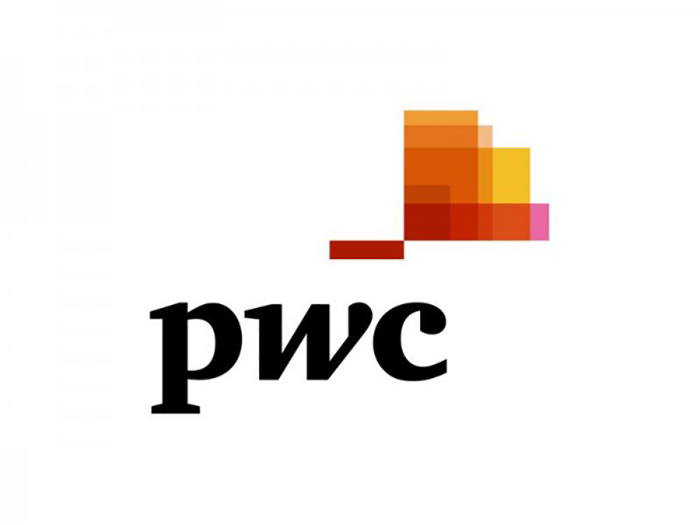PwC Middle East today launched its first Middle East Tax Leaders Survey, titled ‘The business perspective on tax transformation’. The report explores three critical areas tax functions face and the impact of an increasingly complex tax environment in the region, particularly due to indirect taxes. And is a timely pulse check of how organisations and their tax functions in the Middle East are responding to changing regulations, embracing digitisation and developing productive, collaborative relationships within the business, and externally with regulators.
The risk factor
The Middle East has long been considered a ‘no-tax/low tax environment’, however, in recent years significant developments in tax policy has resulted in a significant increase in the complexity of tax management and compliance. The implementation of new tax laws and the modernisation of tax systems can give rise to confusion and penalties for non-compliance create tax risk.
In the survey of senior tax decision makers in 10 countries and operating in 12 jurisdictions across the Middle East, responses showed that managing tax risk is a critical area of focus with organisations reporting a low tolerance for tax risk and that managing risk is their biggest external tax challenge. Within the last year, almost half have faced a tax challenge or dispute.
Mark Schofield, Tax and Legal Services Leader, PwC Middle East, commented: “Governments across the Middle East are developing robust tax regulatory systems that closely align with international best practice, and are determinedly enforcing regulations. Tax authorities here are well-funded and technology-driven, moving the region toward becoming one of the most digitally advanced in the world. Businesses need robust tax functions at the heart of their organisations in order to keep pace and mitigate the risk of penalties.”
The technology gap
With tax authorities in the region increasingly adopting new technologies, a key finding of PwC’s report is that less than 10% of organisations report having a mature tax technology system and almost 50% report serious issues with tax data quality, an issue that requires immediate action to address.
Jay Riche, Tax Digital Solutions Leader, PwC Middle East stated: “Regulatory developments combined with advancing technology means there’s an urgent need for organisations to fully understand the tax rules – but there can be significant challenges because poor quality data doesn’t support their interpretation of the rules, potentially further complicating problems.” Adding “ It is crucial that companies take steps to upgrade their tools, however, some see a resistance to investing in tax technology with 39% stating they do not have adequate budget to invest, and 30% reporting major system integration issues.”
He added: “This is a no mistakes environment; organisations must start to embrace, and invest in, technology to increase accuracy and align to evolving Middle East tax systems.”
The latest Middle East Tax Leaders survey highlights the risks and complexities around the tax environment in the region and the work that needs to be done if tax functions are not only to protect their businesses from the impact of exposure, but contribute positively to strategic direction. With the right investment and support from the top, the tax function can be a positive, proactive force at the center of a successful organisation.
The collaboration advantage
Business activities have one or multiple tax consequences, therefore tax issues should be at the heart of decision-making. The survey reveals that only a third say the function is fully integrated within the business. Building a positive relationship with tax authorities should also be a priority.


COMMENTS